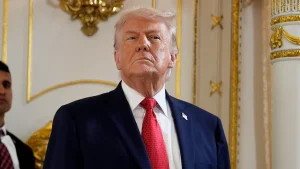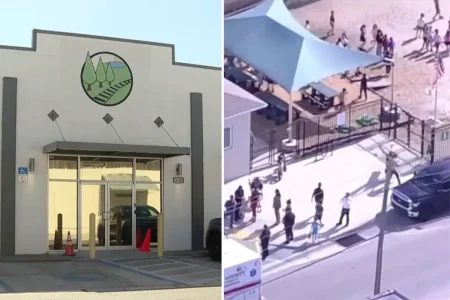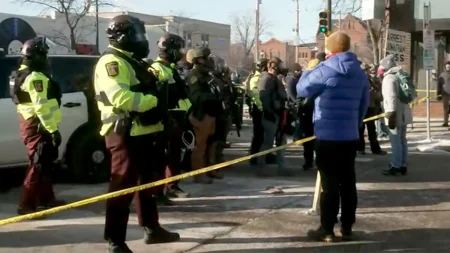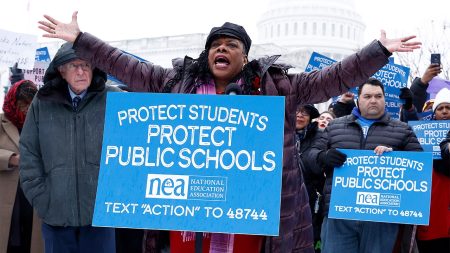The Paradox of American Resilience: A Nation at a Crossroads
America today presents a complex paradox: a nation that appears formidable on the global stage yet struggles with profound internal fragility. Many Americans find themselves caught in a web of diminishing economic opportunities and fading personal aspirations, creating a society that projects strength externally while harboring deep vulnerabilities within. This national condition reflects a growing disconnect between America’s storied self-image and the lived reality of its citizens, who increasingly question whether the promise of prosperity and opportunity—cornerstones of the American identity—remains attainable. The resulting disillusionment has manifested in various social and political expressions, from populist movements to cultural divisions, all symptoms of a country grappling with profound uncertainty about its future direction and purpose.
The economic dimensions of this national brittle strength are particularly striking. While macroeconomic indicators might suggest robust health, closer examination reveals troubling undercurrents: wage stagnation for middle and working-class Americans, growing wealth inequality, and diminished social mobility. Many Americans who once expected to surpass their parents’ economic standing now find themselves struggling to maintain equivalent living standards. This economic anxiety transcends simple financial concerns, touching on deeper questions of dignity, security, and self-worth. For generations, Americans defined themselves through economic advancement and the promise that hard work would yield commensurate rewards. As this connection weakens, many experience not just financial hardship but an existential crisis about their place and purpose in a society that seems increasingly indifferent to their struggles and aspirations.
Alongside these economic challenges, America confronts a cultural and social landscape transformed by technological change, demographic shifts, and evolving values. Communities that once provided stability and meaning through shared institutions, traditions, and interpersonal connections have fractured under these pressures. Many Americans report feeling increasingly isolated despite unprecedented digital connectivity, with traditional sources of community—religious institutions, civic organizations, and even family structures—offering diminished support. This erosion of social cohesion creates a paradoxical experience: citizens of the world’s most powerful nation feeling powerless within their own lives, surrounded by material abundance yet experiencing spiritual and emotional scarcity. The resulting disorientation has made Americans vulnerable to political appeals based on nostalgia for an idealized past or promises of dramatic transformation, further deepening societal divisions.
The political manifestations of this national condition have been particularly consequential. Trust in government institutions, once robust enough to unite Americans through national projects and shared sacrifice, has declined precipitously. Many citizens view political leaders as disconnected from ordinary concerns or beholden to powerful interests, while polarization transforms policy disagreements into fundamental questions about national identity and purpose. This political dysfunction both reflects and reinforces broader social fractures, creating a self-perpetuating cycle where disillusionment breeds disengagement, which in turn enables further institutional deterioration. Yet alongside this pessimism exists a paradoxical faith in America’s resilience—a belief that despite current challenges, the nation’s inherent strengths will ultimately prevail. This tension between despair and hope defines contemporary American political consciousness, producing a volatile environment where cynicism and idealism coexist in uneasy balance.
Perhaps most profound is how these conditions affect individual Americans’ sense of the future. Where previous generations largely embraced narratives of progress and improvement, today many Americans express uncertainty or pessimism about what lies ahead—for themselves, their children, and the nation. This anxiety manifests in diverse ways: delayed life milestones, reduced risk-taking, increased substance abuse, and declining birthrates. For young Americans especially, traditional markers of adulthood—homeownership, career stability, family formation—seem increasingly beyond reach, forcing reconsideration of life goals and expectations. Yet even amid this uncertainty, Americans continue to demonstrate remarkable adaptability, finding meaning and purpose through alternative paths and redefining success on more personal terms. This resilience represents an essential counterpoint to national brittleness—a reminder that individual fortitude persists even as collective confidence wavers.
Despite these challenges, America retains significant strengths that provide foundation for potential renewal. The nation’s educational institutions, entrepreneurial spirit, natural resources, and democratic traditions—however strained—offer pathways forward if properly nurtured and reformed. The question facing Americans today is whether they can transcend current divisions to forge a shared vision for the future—one that addresses legitimate grievances while recommitting to core values of opportunity, justice, and common purpose. This task requires honest acknowledgment of problems without surrendering to fatalism, recognition of legitimate differences without abandoning the search for common ground, and willingness to undertake difficult reforms without expecting quick solutions. America’s outward strength and inner fragility need not represent a permanent condition but rather a transitional moment, challenging citizens and leaders alike to reimagine what national prosperity and well-being mean in a rapidly changing world. The nation’s future hinges not on denying current challenges but on confronting them with the same resourcefulness and determination that have defined America’s finest moments.










